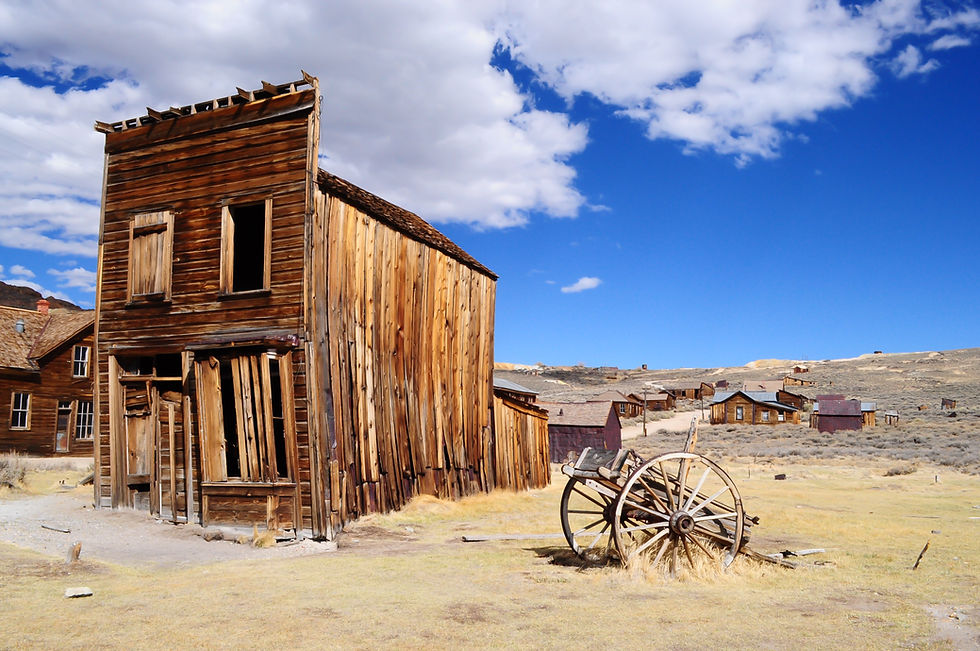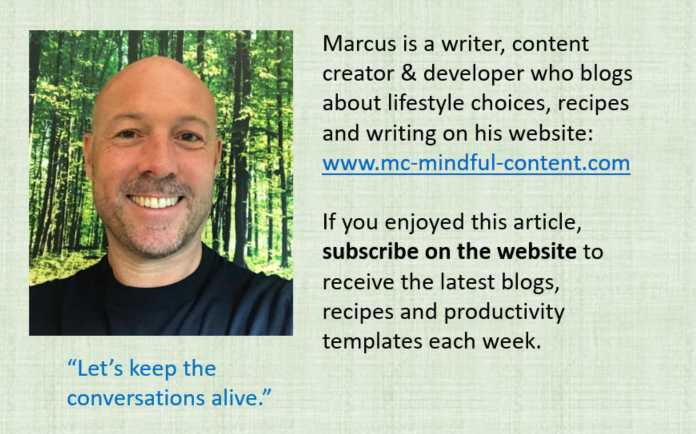
Image from Unsplash: Nick Fewings
Blog No. 23
By Marcus Coates, @homeinriyadh, 30th October 2021
What is genre?
As defined by the Merriam-Webster online dictionary (2021), 'genre' is described, thus:
"A category of artistic, musical, or literary composition characterized by a particular style, form or content."
Merriam-Webster also states that the etymology of genre is French, and as a Latin-based language, it is closely associated with genus, meaning belonging to the same family.
For this article, I've narrowed down the focus to literary genres, which, according to Masterclass staff writers (masterclass.com, 2021), in an article entitled 'What are the different genres of literature?' are listed as 14 distinct types:
1. Literary fiction
2. Mystery
3. Thriller
4. Horror
5. Historical
6. Romance
7. Western
8. Bildungsroman
9. Speculative
10. Science fiction
11. Fantasy
12. Dystopian
13. Magical realism
14. Realist literature
Genre Conventions
Each of the above genres has unique conventions that identify it as belonging to that category.
1. Literary fiction
· Includes political criticism, social commentary and reflections on humanity
· Character-driven as opposed to plot-driven
· The inner story of the character is revealed
Example: The Sellout, Paul Beatty
2. Mystery
· Solve a problem from start to finish
· Clues and information are revealed piece by piece
· It starts with an exciting hook and finishes with a satisfying (but not obvious) conclusion
Example: Murder on the Orient Express, Agatha Christie
3. Thriller
· Dark, suspenseful, mysterious, edgy
· Plot-driven and fast-paced
· Lots of plot twists, red herrings and cliffhangers to keep the reader guessing
Example: The day of the Jackal, Frederick Forsyth
4. Horror
· Designed to scare, startle, shock or repulse
· Death, demons, evil spirits, vampires, and monsters are prevalent
· Plot and character are used to cause dread in the reader
· Often places the main characters in settings where they can't find help easily
· Superior evil forces dominate the main characters
Example: Interview with the Vampire, Anne Rice

Image from Unsplash: Igam Ogam
5. Historical
· Transports the reader to another time and place – real, imagined or both
· Often follows the life of an actual historical figure
· Depicts the significant events in a character's life
. The rise and fall or rise and rise of a powerful or charismatic character
Example: The Thousand Autumns of Jacob De Zoet, David Mitchell
6. Romance
· Centres around the love of two people
· A light-hearted and optimistic plotline
· Contains conflict but romance and love always prevail
· Has an emotionally satisfying happy ending
Example: Pride and Prejudice, Jane Austen
7. Western
· Focuses on the lives of cowboys, outlaws and frontier settlers
· Explores the themes of taming frontier lands, settling new territories and maintaining law in isolated communities
· Often explores themes of good versus evil
· Explores themes of settling already occupied territories
Example: No Country for Old Men, Cormac McCarthy

Image from Unsplash: Sarah Lachise
8. Bildungsroman
· Follows a character's growth from youth to adulthood
· Demonstrates moral and psychological growth
· A journey from loss to enlightenment
Example: A Separate Peace, John Knowles
9. Speculative
· Takes place in a world different from our own — science fiction, dystopian, or fantastical
· Pushes the boundaries of known knowledge and possibility
Example: Dune, Frank Herbert
10. Science fiction
· Speculative novels with imagined elements that don't exist in the real world
· Contains elements inspired by 'hard' sciences – chemistry, physics, biology, or 'soft' social sciences, such as psychology, anthropology and sociology
Example: Neuromancer, William Gibson

Image from Unsplash: Fly:D
11. Fantasy
· Speculative novels that contain elements of magic
· Often inspired by myth and folklore
Example: The Lord of the Rings, J.R.R. Tolkien
12. Dystopian
· Set in societies where the quality of life is often worse than the world we live in
· Often depict what happens when technology is misused, or a dominant group within society have absolute control
Example: 1984, George Orwell
13. Magical realism
· Depicts a known world with heightened magical elements
· The magical elements are often seen as normal in the world of the story
Example: The House of the Spirits, Isabel Allende
14. Realist literature
· Set in a time and place that actually exists
· The events are true to everyday existence
Example: Crime and Punishment, Fyodor Dostoevsky

Image from Unsplash: Clark Tibbs
For me, the genre that interests me the most is the bildungsroman:
Bildungsroman. Bildungsroman is a literary genre of stories about a character growing psychologically and morally from their youth into adulthood. Generally, they experience a profound emotional loss, set out on a journey, encounter conflict, and grow into a mature person by the end of the story. Literally translated, a bildungsroman is "a novel of education" or "a novel of formation." (masterclass.com, 2021)
Knowing what conventions are expected in your chosen story help immensely when plotting. For example, in a bildungsroman, I now know that I need to include the following scenes:
The main character (MC) growing psychologically and morally from their youth into adulthood,
The MC experiences profound emotional loss,
The MC sets out on a journey,
The journey contains new experiences and encounters,
The MC encounters conflict and experiences growth – emotional, physical, worldly or spiritual,
At the end of the trip, the MC has changed and has dealt with the profound loss,
If I were to take the six points above and place them in a table, I could then add scene ideas, as below:

By just breaking down the conventions of the bildungsroman and adding some possible plot points, I have the outline of a promising story.
For an overview of the masterclass definitions for each category, go to this link (masterclass.com), or google your favourite genre and note down the genre expectations.
A downloadable and editable story generator template is available on my website: visit my website www.mc-mindful-content.com and download the Word doc 'Template: Genre expectations'.

If you are interested in the steps used to generate initial story ideas, create character profiles or choose a setting — and you haven't already done so — check out my previous blogs. Blog 19, 'Generating Story Ideas', Blog 20, 'Creating Novel Characters with Individuality and Depth – Profiling', and blog 22 'Creating memorable settings'.
Also, if you want to receive the latest blogs on writing, templates, and quick recipes, keep in touch by adding your email to my mailing list on the website. Happy writing!

I’ve been struggling to categorize the genre of books I’m reviewing. I’ve run into a category called ‘domestic fiction’ that fits well for authors such as Maeve Binchy. I would love your take on what Masterclass genre she would fall under.
Thanks mate. A well described one. I will keep it as reference.
Always good to know and define what you love to read. 😁
A very clear description of genres and made me realized that my favorite ones are; literary fiction, historical, bildungsroman and realist literature. A little too serious!